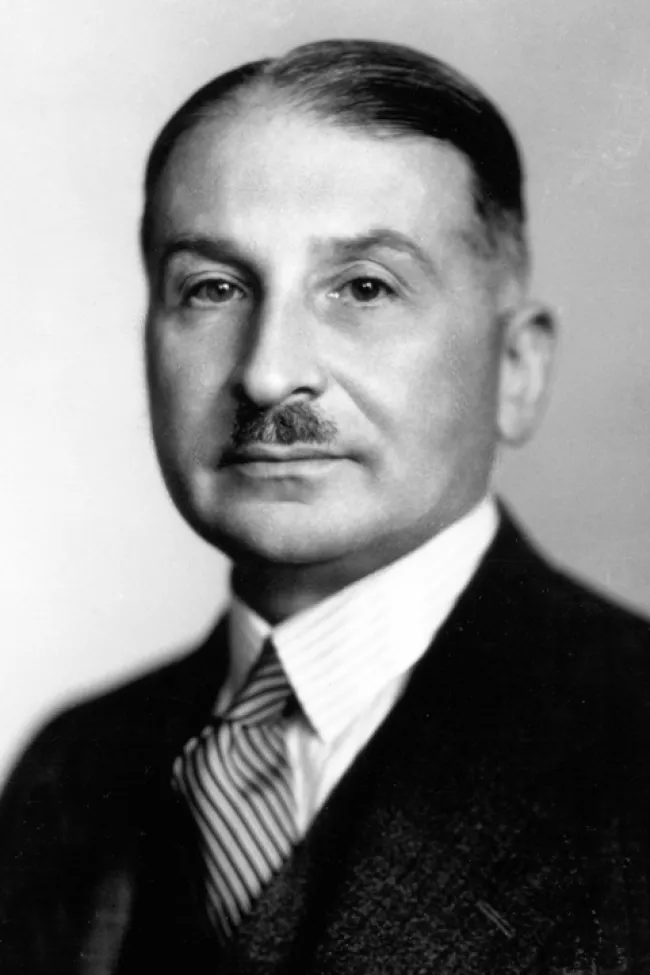- Downloads:
- View HTML Version
- The Clash of Group Interests and Other Essays.pdf
- The Clash of Group Interests.epub
In this essay written in 1945, Mises lays out a theory of social organization in response to the Marxist critique of the free society. He explains that the Marxist view is wrong concerning its claim that there is a clash of group interests in the market order. He explains the difference in the competition between producers and a Marxian-type struggle. He shows how the relationships between labor and capital are essentially cooperative in that interests coincide over the long run—and so it is with all groups in a free society.
However, he goes further to map out a theory of what he calls castes that form under interventionist systems. Here the privileged group really does live at the expense of the paying group in a manner which Marx suggests - but with the key difference that it is the state and not the market that makes this possible.
In this way, argues Mises, the state is the cause of social conflict; the more it intervenes in the market order, the more conflict it creates, as taxes, regulations, and legal privileges of all sorts begin to blot out the harmonious relationships that would otherwise exist on the market.
In the introduction, Rothbard explains the central importance of Mises’s insight for understanding society and the market, and for providing a sound alternative to Marxian dialectics (which are still pervasive throughout academic departments today). Mises has unlocked many mysteries with this essay.
This publication singles out this essay in particular because of its importance for the world today. There does exist a clash of group interests—and it is the state that creates them. The only real resolution is to do away with all forms of statism.
This collection includes the following essays:
- “The Clash of Group Interests” originally published in Approaches to National Unity (1945)
- “The Myth of the Failure of Capitalism” originally published as “Die Legende von Versagen des Kapitalismus” in Der Internationale Kapitalismus und die Krise, Festschrift für Julius Wolf (1932)
- “The Freedom to Move as an International Problem” originally published as “Freizügigkeit als Internationales Problem” in Wiener Wirtschaftswoche (Christmas, 1935)
- “Carl Menger and the Austrian School of Economics” originally published as “Carl Menger und die österreichische Schule der Nationalökonomie” in Neue Freie Presse (January 29-30,1929)

No content found

Ludwig von Mises was the acknowledged leader of the Austrian school of economic thought, a prodigious originator in economic theory, and a prolific author. Mises’s writings and lectures encompassed economic theory, history, epistemology, government, and political philosophy. His contributions to economic theory include important clarifications on the quantity theory of money, the theory of the trade cycle, the integration of monetary theory with economic theory in general, and a demonstration that socialism must fail because it cannot solve the problem of economic calculation. Mises was the first scholar to recognize that economics is part of a larger science in human action, a science that he called praxeology.
Burlingame, CA: The Center for Libertarian Studies, 1978. Mises essays from 1929, 1932, 1935, and 1945. Edited with an introduction by Murray N. Rothbard.
Burlingame, CA: The Center for Libertarian Studies, 1978. Mises essays from 1929, 1932, 1935, and 1945.

